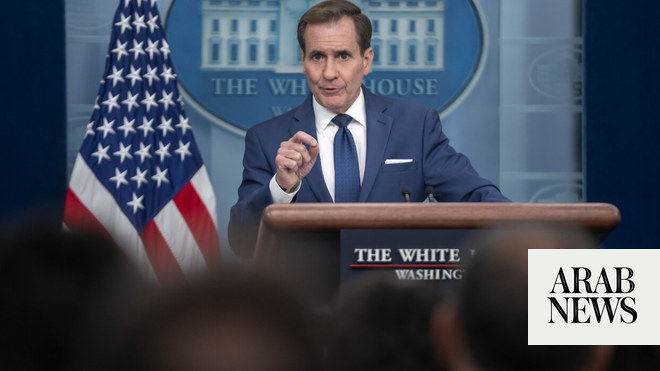
The United Nations envoy to the Mideast says its the "last chance" to prevent an all-out conflict between Israel and Gaza militants.
Nikolay Mladenov said on Monday that the "risk of war remains imminent," a week after a ceasefire between Israel and Gazas Hamas rulers ended the worst fighting since a 2014 war.
The spate of violence killed 25 Palestinians, including 10 militants, and four Israeli civilians.
Mladenov, inaugurating a solar power plant for a Gaza hospital, said parties must "consolidate the understandings" of the ceasefire.
The deal, mediated by Egypt and the UN, promises to let in fuel and humanitarian aid and ease the movement of people from the blockaded territory.
A Qatari cash infusion, meant for thousands of needy families as part of the cease-fire understandings, arrived Monday.
In a related development, Prime Minister Benjamin Netanyahu received extra time on Monday to form a new government, Israels president announced, granting the right-wing leader a two-week extension until May 29.
In office for a decade, Netanyahu won a record fifth term in an April 9 parliamentary election, largely seen as an effective referendum on his leadership since he faces possible indictment in three corruption cases. He denies the charges.
Netanyahu is negotiating terms with nearly all the right-wing, nationalist, and religious parties that form his outgoing government. No party in Israel has ever won an outright majority in the 120-seat Knesset, making coalition governments the norm with political negotiations often dragging on. One issue in the current talks is the Gaza Strip.
Former defense minister Avigdor Lieberman, whose ultra-nationalist Yisrael Beitenu party is negotiating with Netanyahu, said on Monday after the extension was announced that talks would continue, but strategy over the Gaza Strip remained a sticking point.
Accusing Netanyahu of appeasing Gaza Strips Hamas rulers by allowing Qatari donations into the enclave, Lieberman said in public remarks: "On the matter of the Strip I think that our stance is very clear and to my regret the rifts there are still very wide."
Lieberman, whose party has five seats in parliament, said he wanted to be reappointed defense chief. In accordance with Israeli law, Netanyahu received an initial 28-day period to form a government, with a 14-day extension possible and traditionally granted. The initial period ends on Wednesday.
On Saturday, a spokesman for Netanyahu said the prime minister would seek the extra time, citing a heavy schedule that included Jewish holidays, national memorial days and a surge of deadly fighting with Palestinian militants in the Gaza Strip earlier this month as some of the reasons for the delay.
"Meeting with ... Netanyahu today, who explained the need for additional time to form a government, I acceded to his request and granted an additional 14 days to the time allocated," President Reuven Rivlin wrote on Twitter, setting May 29 as the new deadline.
If Netanyahu fails to put together a coalition by then, Rivlin can ask another member of parliament to try. Benny Gantz, a former military chief whose centrist Blue and White party won 35 seats in the 120-member legislature, would likely be next in line.
Netanyahus right-wing Likud also captured 35 seats but has more political allies in parliament than does Blue and White, and Rivlin subsequently tapped him to form an administration.
In a letter to Rivlin requesting the extension, Netanyahu wrote that his negotiating team had already made "significant progress" towards forming a government.
Among the most pressing issues awaiting the new government will be US President Donald Trumps plan to end the Palestinian-Israeli conflict. Washington has said it will be unveiled in June. So far prospects for the plan appear dim.
A right-wing coalition in Israel would likely oppose any proposed territorial concessions to the Palestinians, who are boycotting the Trump administration over what they see as its pro-Israel bias.
Netanyahus desired coalition would also be less likely to pressure him to step down if he is eventually indicted for corruption. The prime minister is under no legal obligation to resign if charges are brought against him.












